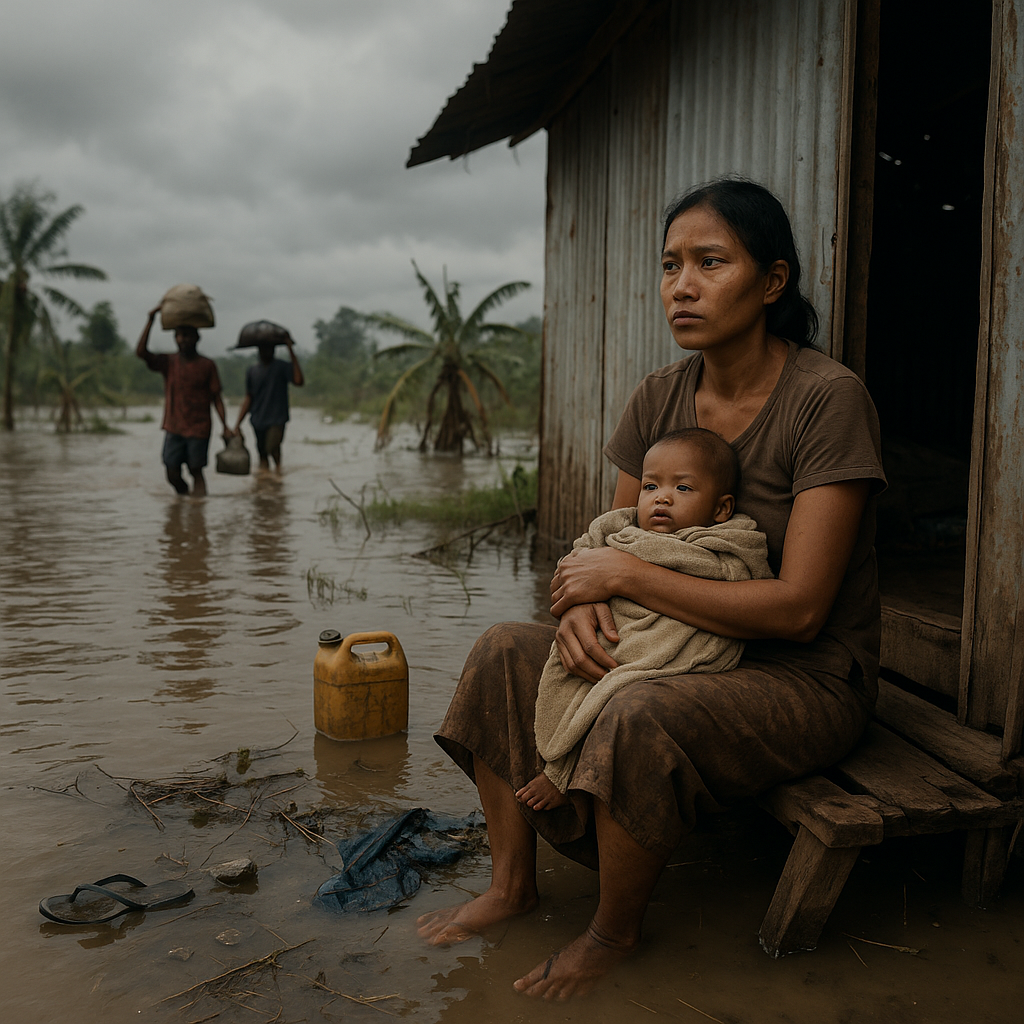ILO Warns Europe, Central Asia Must Bolster Social Protection for Climate Era
Countries with mature social protection systems can repurpose programmes rapidly to help affected populations, but the increasing scale and frequency of shocks require deeper reforms.

A new International Labour Organization (ILO) report warns that Europe and Central Asia must urgently strengthen their social protection systems to withstand the compounding challenges of climate change, demographic shifts, and labour market transformations. Despite relatively high levels of social protection coverage, gaps in adequacy and resilience remain, leaving millions at risk.
Coverage and Gaps
According to the Europe and Central Asia Regional Companion to the World Social Protection Report 2024–26, 85.2% of the region’s population is covered by at least one social protection benefit. However, 14.8% remain entirely unprotected, a figure that represents millions of individuals without access to pensions, unemployment support, health care, or disaster-response mechanisms.
The report stresses that universal coverage alone is not enough. Benefits must be adequate, sustainable, and adaptable to respond to new forms of risk, particularly those driven by climate change and ageing populations.
Climate Change and Social Protection
The report highlights the inextricable link between social protection and climate action. More frequent and severe floods, droughts, heatwaves, and wildfires are already threatening jobs, incomes, and livelihoods across the region.
Countries with mature social protection systems can repurpose programmes rapidly to help affected populations, but the increasing scale and frequency of shocks require deeper reforms.
Maria do Rosário Palma Ramalho, of Portugal’s Ministry of Labour, Solidarity and Social Security, emphasized:
“It is urgent to adapt systems to climate risks, demographic changes, and labour market evolutions. Making institutions stronger and fostering social dialogue are essential.”
Case Studies of Adaptation
The report cites several examples of countries adjusting their systems to meet new challenges:
-
Spain: Following the 2024 DANA floods, rapid-response social protection mechanisms supported tens of thousands of workers within weeks.
-
Uzbekistan: Leveraged social protection to offset the impacts of energy price reforms for low-income households.
-
France and the Netherlands: Adjusted unemployment schemes to account for climate-related risks such as extreme heat.
-
Moldova: Integrated social protection into its national climate commitments, linking welfare with environmental resilience.
These examples demonstrate how adaptable systems can mitigate both immediate shocks and long-term climate transitions.
Adequacy and Just Transition
The report argues that benefit adequacy must be safeguarded through regular indexation to inflation and living costs. Social protection must also cover all types of employment, from agricultural workers to gig economy labourers.
ILO Director of the Universal Social Protection Department, Shahra Razavi, noted:
“Social protection systems are vital instruments for addressing climate change and should be systematically incorporated into climate risk assessments and national strategies.”
The report also connects social protection to the idea of a just transition, ensuring that moves toward low-carbon economies are fair and inclusive, protecting vulnerable workers and communities.
Financing the Future
Expanding and adapting social protection requires sustainable financing. The report calls for:
-
Adequate public expenditure to ensure broad coverage.
-
Strengthened tax systems to improve revenue.
-
Innovative financing solutions to expand fiscal space.
-
Investments in administration and management to guarantee high-quality services.
It also urges greater knowledge exchange and South–South cooperation to share lessons across regions.
Leaving No One Behind
Beate Andrees, ILO Assistant Director-General and Regional Director for Europe and Central Asia, stressed the stakes:
“Solid social protection policies will be vital to ensure that transitions in the Europe and Central Asia region are fair, resilient, and just, while driving progress towards our global commitments.”
The ILO’s message is clear: as climate shocks intensify and populations age, robust and inclusive social protection systems are no longer optional—they are central to building societies that are resilient, equitable, and sustainable.










